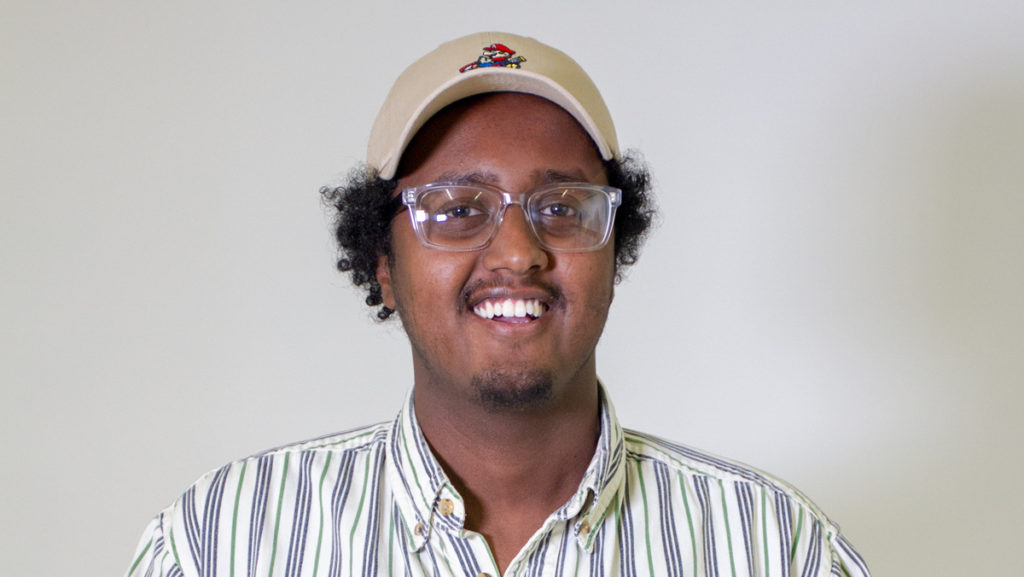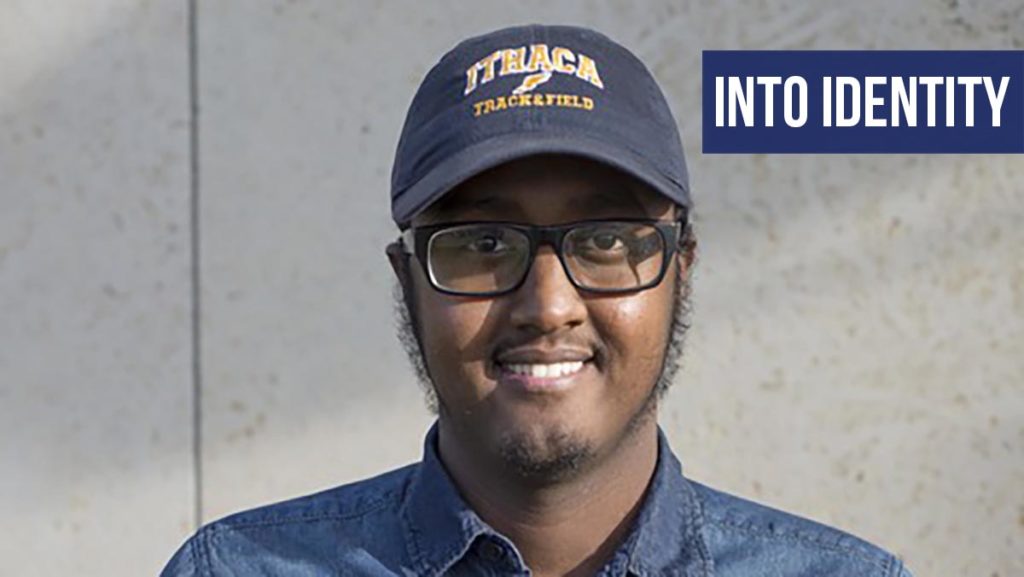At 8 years old, I towered at 5 feet and 5 inches. I was the clumsiest girl you’ve ever met, but I had brown skin and long legs. Thus, the stereotypes began rolling in immediately. In middle school, I was scouted for the basketball team before I could quietly explain that I didn’t have time for sports because I was too busy with band practice.
The coincidences were lost on me until I finally got to high school, the first time that I finally had the vocabulary to associate what I was feeling with how I was being treated. Freshman year, I was stopped and asked by the basketball coach, track coach and softball coach if I was interested in playing for a team. So persuasive were the arguments that I played a season of softball, and it was the worst time of my life — I was absolutely horrid at every aspect of softball. One day, one of my white teammates stated frustratingly, “It doesn’t make sense. You should be better at this.” This stopped me in my tracks. No doubt due to the combination of my long legs and black skin, I should’ve been the team’s MVP.
It is almost comical the way that microaggressions can be so ingrained in our culture that we don’t understand why they are insulting. The assumption that I’m a powerful athlete seems like a compliment until we take a step back to analyze the relationship that America has with either abusing or exploiting bodies of color, sometimes simultaneously.
This black athlete stereotype haunts me continuously to this day. In a country in which black people have reclaimed dignity through their rise in sports and athleticism, what so often is a source of pride for African-Americans became a hot-button topic for me. I wanted nothing more than to be removed from sports altogether. The imbalanced ratios of African-Americans’ being a majority on the court or in the arena while being a minority population in the country had a direct influence on how I was going to be treated growing up in north–central Pennsylvania. How would I have reacted to all of these advances and assumptions had I been a natural-born athlete? Would they have rolled off my back or even been appreciated? I’ll never know. All I can do is continuously struggle with battling the athletic stereotypes presented to me while retaining the pride that I have of the strides that black athletes have made.





